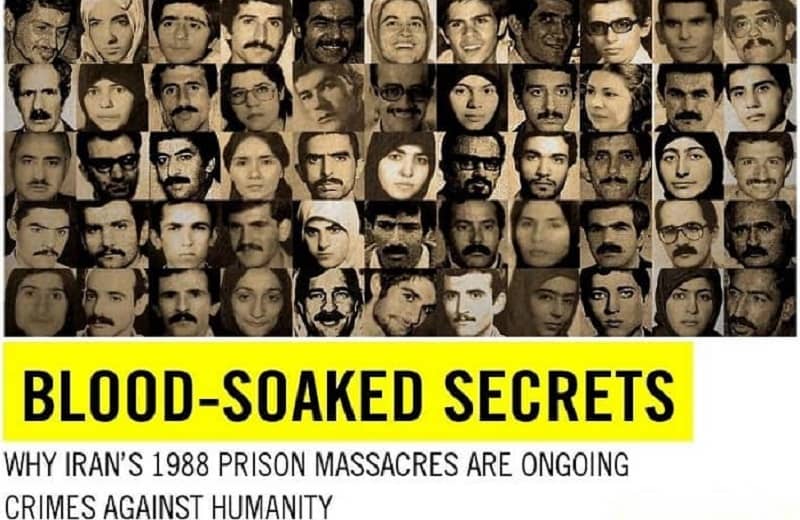
On Thursday, January 13, 2022, senior Syrian intelligence officer Anwar Raslan was convicted in a German court, under the principle of universal jurisdiction. His charges include 27 counts of murder from during his role in the Syrian regime’s brutal detention system, as well as instances of sexual assault, and the torture of over 4000 people at a prison in Damascus.
Among the countless survivors of the Syrian government’s crackdowns, Raslan’s conviction was greatly welcomed. International human rights advocates, including the United Nations High Commissioner for Human Rights Michelle Bachelet, were also pleased with the outcome of his trial.
Bachelet gave a statement following the news, saying, “Today’s verdict should serve to spur forward all efforts to widen the net of accountability. This conviction has put State authorities on notice – no matter where you are or how senior you may be, if you perpetrate torture or other serious human rights violations, you will be held accountable sooner or later, at home or abroad.”
Under the principle of universal jurisdiction, anyone accused of serious human rights violations can be detained in any country across the globe, even if the crimes took place elsewhere.
The National Council of Resistance of Iran (NCRI) said, “Syrian victims of the Assad regime had previously expressed hope that Raslan and others would be subjected to trial before the International Criminal Court, but universal jurisdiction provides an alternative pathway to accountability in cases where truly international prosecution is rendered unlikely by the need for a prior resolution by the United Nations Security Council.”
As the five permanent members of the UNSC hold veto power over proposed resolutions, it makes it difficult to initiate prosecution at the ICC against figures with connections to one or more of those member states. It is this factor that is preventing Iranian human rights abuses from being held accountable for their crimes.
It is for this reason that many critics of the Iranian regime are promoting universal jurisdiction as a way of securing such accountability, including those affiliated with the Iranian opposition group, the People’s Mojahedin Organization of Iran (PMOI/MEK).
In recent months, the NCRI has hosted a number of conferences, and protest rallies, demanding justice for the victims of the massacre of political prisoners in Iran over 30 years ago.
Over 30,000 political prisoners, the majority of whom were MEK members, were executed en masse during the summer of 1988, following a fatwa issued by then-Supreme Leader Ruhollah Khomeini, which declared that anyone in support of the MEK was an ‘enmity against God’ and should be put to death.
The NCRI said, “The 1988 massacre has always been a subject of activism for the NCRI and other human rights defenders, but it acquired even greater prominence last year when Ebrahim Raisi, a leading figure in the ‘death commissions’ that oversaw that massacre, was appointed as the new president of the Iranian regime.”
Recent NCRI rallies have called upon the United Nations to launch a formal investigation into the 1988 massacre, with the hope that the perpetrators will finally face prosecution for their involvement, including the current president, Ebrahim Raisi.
If the principle of universal jurisdiction were to be used against Raisi, it would only be the second instance of a person involved in the massacre facing legal consequences. The first instance is the trial of former Iranian prison official Hamid Noury in Sweden. Swedish authorities arrested Noury in 2019 when he arrived in the country on a trip. His indictment was for charges of war crimes and mass murder, and his trial, which began last year, is expected to conclude this April.
The NCRI said, “Human rights activists and Iranian dissidents have expressed a great deal of optimism about the Noury case and its potential to spark a broader trend of accountability for perpetrators of the 1988 massacre, other Iranian crimes against humanity, and other crimes against humanity in general. The conviction of Anwar Raslan will no doubt contribute to that optimism.”